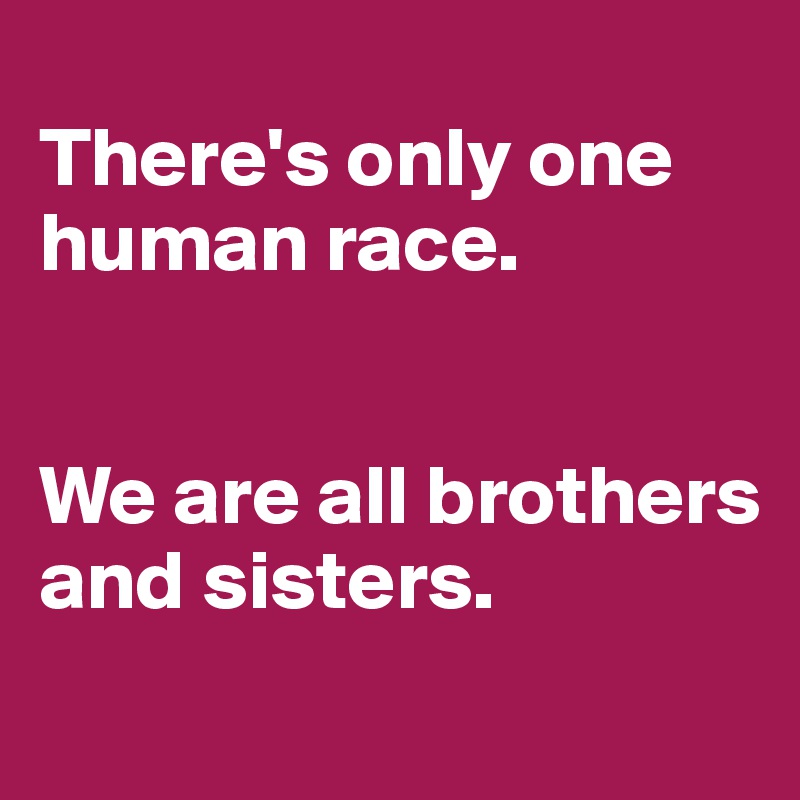In the Reconciliation and Unification column of the Catholic Times the writer gives the readers some uplifting news on the relationship of the two Koreas.
At the 75th anniversary of the founding of the Korean Workers Party on October 10th, the content and method of the speech given by the North's top leader was a popular topic of discussion. Dedicating much of the speech to the military and the people who were on the front line working with the pandemic and natural disaster recovery, and thanking all for their efforts. We also saw the shedding of tears which was different from the past.
Also noted was the extending of the hand of peace to the South from the leader of the North: "I hope for the day when we can shake hands again." However at the end of the event the military threat of the new ICBM and SLBM appeared, showing no change. There was a change in the talk but what he saw with his eyes made the writer feel still confused. What is this?
In June of last year, inter-Korean relations, which had cooled after the breakdown of last year's Hanoi talks, resulted in the destruction of the liaison office. After that inter-Korean relations were cooled down enough to define inter-Korean relations as antagonistic.
Then, at the 5th preliminary meeting of the 7th Central Military Committee of the Party, Chairman Kim Jong-un withheld the military action plan against South Korea made by the General Staff. After that, confusion continued due to flood damage and corona-virus infection-19. However, the dialogue between the leaders of the two Koreas during this period shows that the dialogue was maintained.The writer concludes not all things are visible.
In this process, he is really confused about what the North really wants. In this case, he has much to think about. All countries will try to maximize their own interests. What is profitable for the north side? A deal to achieve economic development along with the lifting of sanctions will be necessary, and negotiations between the United States and South Korea will be needed. Eventually, the advancement of nuclear weapons is necessary to increase the bargaining power, and local conflicts can be considered.
However,
there are lines that should not be crossed. A knife is scary when it's
in the sheath, meaningless when outside. On the other hand, our national interest will be the continuation
of a peaceful Korean peninsula where stable economic growth can be
guaranteed and maintained in the future. In that respect, two positions
coexist for us, pressure and dialogue, depending on the reaction of the North.
So,
what stage is it now? As the North position changes, it seems that we
need to manage the dialogue phase as well. It seems necessary now to
respond to the North Korean position rather than ignoring it with
negative predictions and preconceived notions of "I will not be fooled again".
This is because when you respond to someone's request, it becomes a
conversation. Kim Jong-un said: "I am hoping for the day when the North and South Korea will hold
hands again." We need to make this a
reality.






